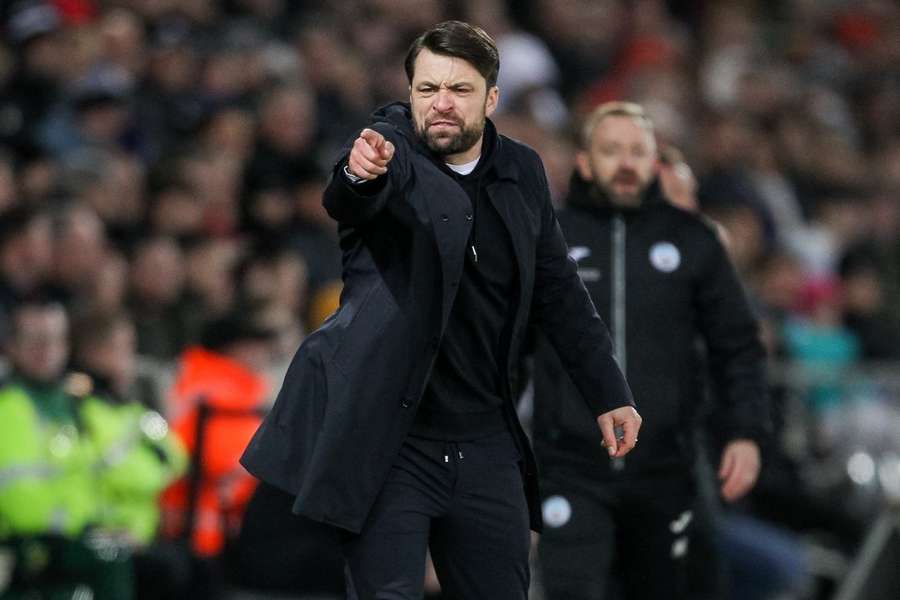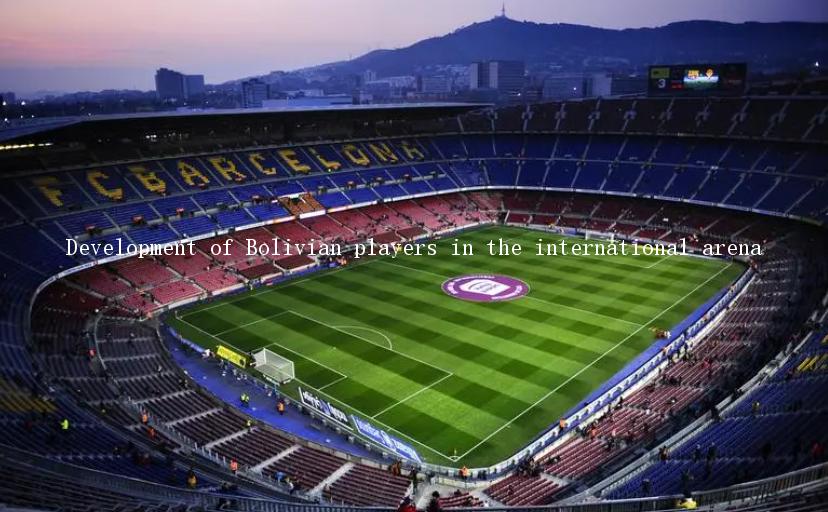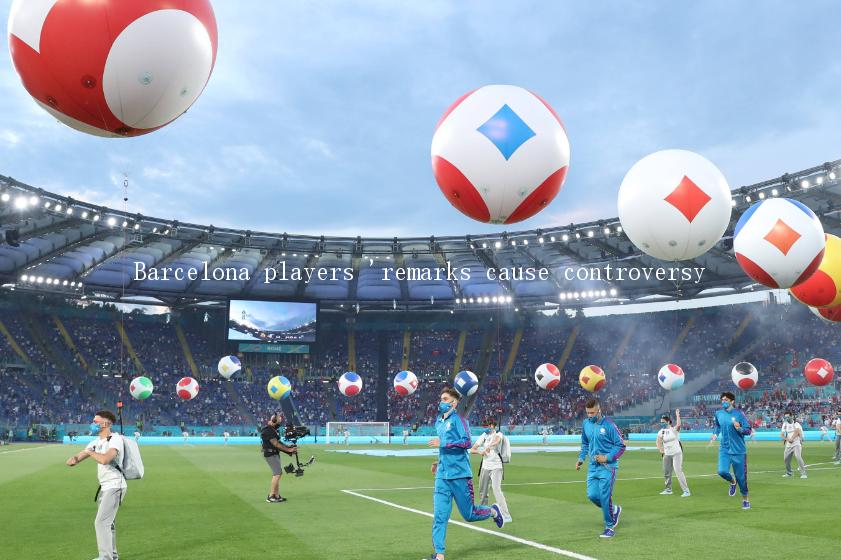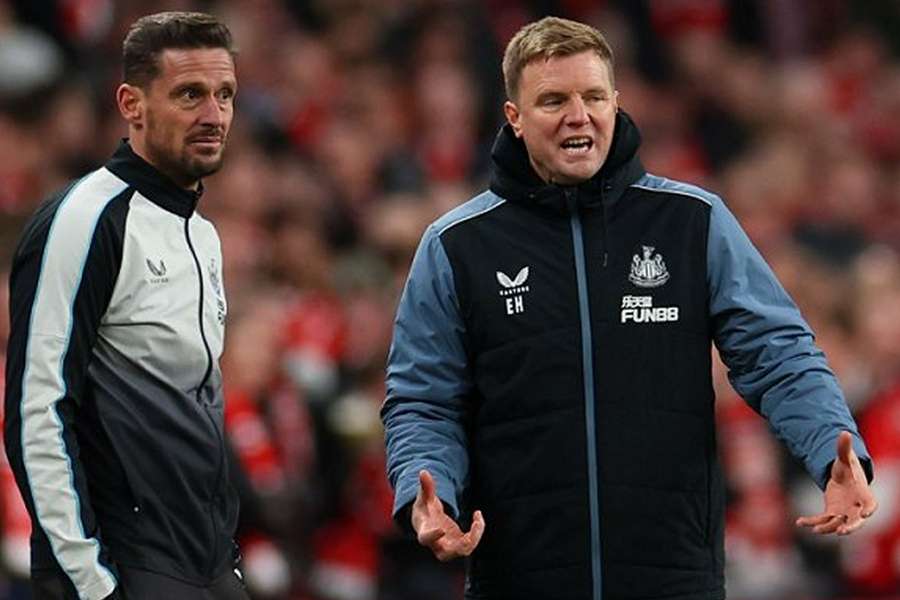The difference between professional players and amateur players
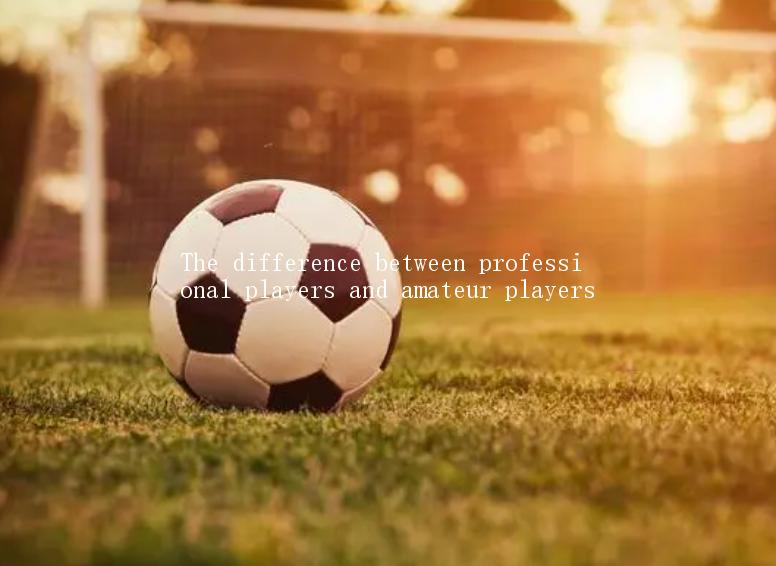
There are many differences between professional players and amateur players, whether in terms of skills, physical fitness or psychological quality.
The technical gap between professional and amateur players is obvious. Professional players focus on training for a long time, not only have better basics, but also can delve into various tactics and techniques. They can better control the game through teamwork and personal skills. Due to time and conditions constraints, amateur players cannot carry out systematic training and learning, so their technical performance is often inferior to professional players.
Professional players have certain advantages in physical fitness. Professional players usually receive personalized training plans to improve their physical qualities such as endurance, strength, speed and agility. Amateur players often lack scientific training methods and have relatively low physical fitness. This gives professional players a physical advantage and is more able to play their strengths in the game.
There are also differences in psychological quality between professional and amateur players. After long-term accumulation of game experience, professional players have strong psychological ability to cope with the pressure and changes of the game. They can better control their emotions and avoid mistakes at critical moments. For amateur players, due to lack of competition experience, they often suffer from frustration at critical moments, which affects their performance.
There are also significant differences in the attitude of professional and amateur players towards the game. Professional players regard football as a career, are full of enthusiasm and motivation for the game, and always pursue progress and victory. They will devote more time and energy to the game, and even give up other things to focus on football. For amateur players, football is more a way of entertainment and exercise, and their investment in the game is relatively low.
RELATED STORIES
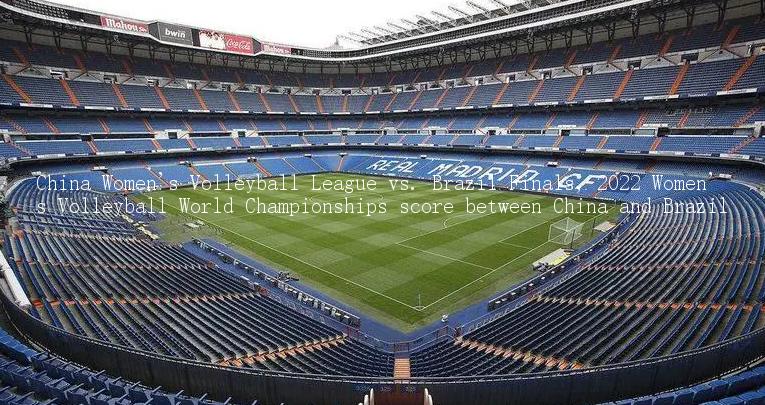
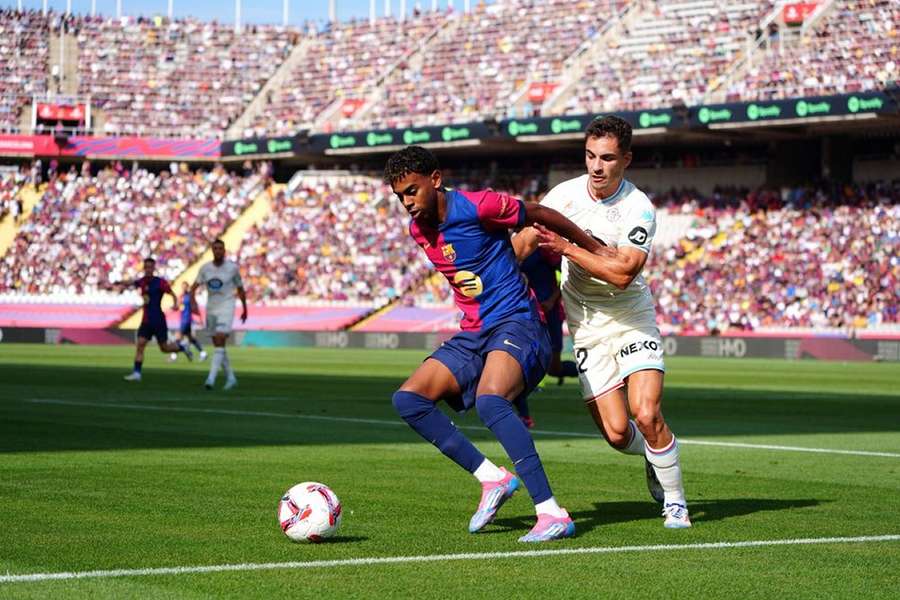

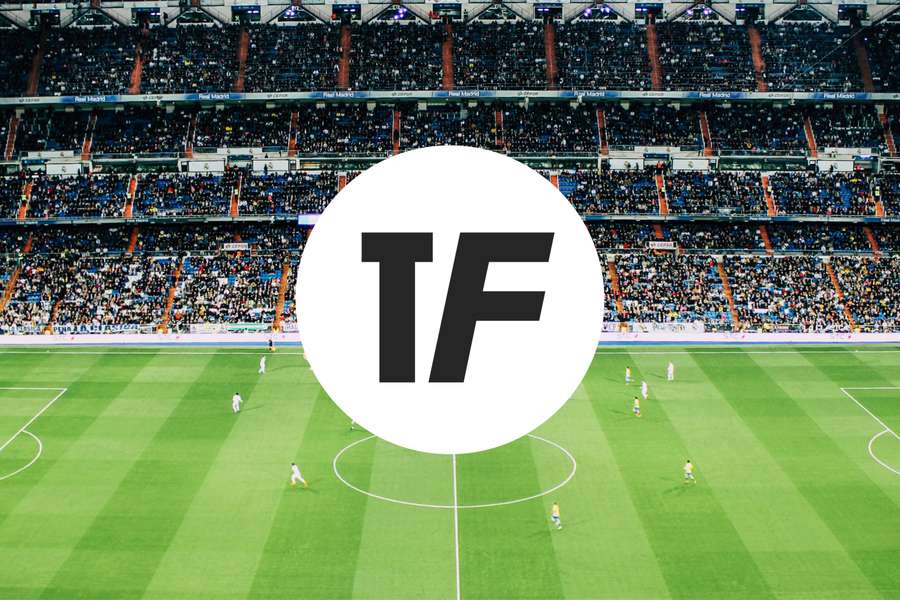
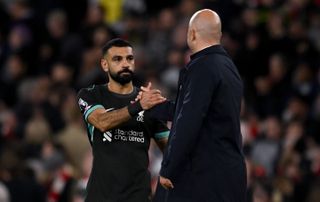

LATEST NEWS
